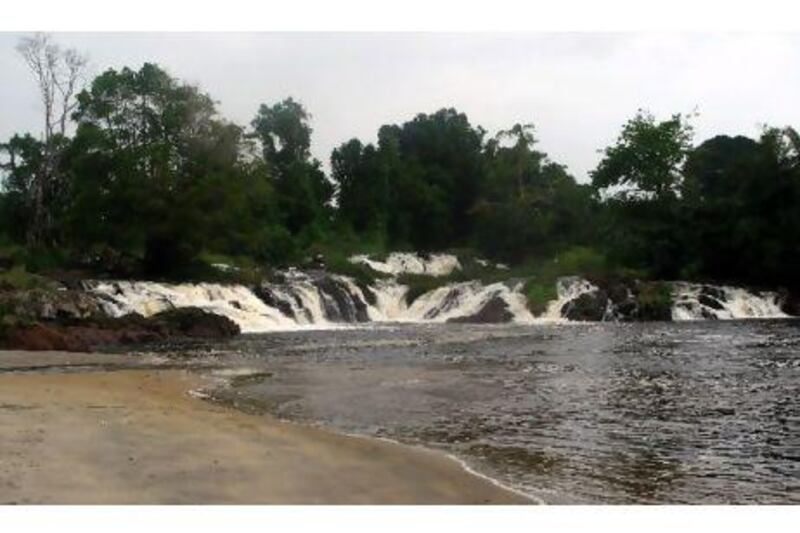AMSTERDAM // Veronique Hervouet was searching for the next big thing in water.
The senior vice president, investments, for Total Energy Ventures, a unit of the French oil giant, had been dispatched to Amsterdam for a meeting of start-ups and venture capitalists. Her goal was to find - and eventually fund - a business offering technology that could help Total clean water brought up with oil from fields.
"We will have to deal with very significant challenges," she told a room of clean-technology executives this week. "We are scouting for innovation."
Oil companies such as Total are turning to venture capital for solutions to the technical problems they encounter in oilfields or chemical plants across the globe, particularly in relation to water. These companies have long relied on internal research and development units as well as relationships with academia that can allow them first options on inventions.
Now they are turning to a financing method more associated with technology start-ups in Silicon Valley than oilfields in the desert.
Total is not alone in this shift. In the past five years BP has ploughed US$100 million (Dh367.2m) into clean technology and carbon-offset investment through its alternative energy vehicle, AE Ventures.
Shell Technology Ventures Fund, which is managed externally by Kenda Capital and in which Abu Dhabi Investment Authority is also an investor, seeks innovators in areas including biofuels and sulphur disposal.
Chevron Technology Ventures Investments focuses on smaller injections of money into younger companies.
On Ms Hervouet's wanted list, alongside biofuels and sustainable transport, are technologies to manage water.
Total is dealing with the problem of either having too much water, or too little of it.
As oilfields age, they put out more water for every barrel of oil; in many older fields in the US, that ratio can reach as much as nine barrels of water for every barrel of oil. More water-intensive technologies are required to extract hard-to-access gas or other resources from the ground. And water remains a key ingredient for other parts of the energy industry, including the manufacture of petrochemicals.
The Amsterdam meeting had attracted a few water start-ups - a Swedish company that purifies water with oxygen, a French business that cleans waste water - but only one offered the possibility of water-management technology that Ms Hervouet thought Total could some day deploy.
She declined to name the contender, pending further evaluation of the technology.
Venture capital for water-related businesses represents just 3 per cent of total funding in the clean-technology sector, which includes other fields such as solar power and waste-to-energy, said Assaf Barnea, the chief executive of Kinrot Ventures, a venture capital fund based in Israel that invests in water-focused start-ups.
"Investors are scared of water," he said. "They say, 'oh, yes, water: capital intensive, lots of regulation.'"
Ms Hervouet, an engineer who had been working in Total's research and development division, had little experience in venture capital when she pitched the idea of an internally run fund to top management in May 2008. She rounded out her knowledge by bringing in four Total employees with backgrounds in strategy, legal, auditing and mergers and acquisitions.
Ms Hervouet said the success of her pitch has meant "some disturbance internally" for Total. "Certain things we do not see with traditional ways of doing it. It's really a new tool for Total."
The fund has invested "tens of millions of euros", said Ms Hervouet, who declined to give an exact figure.
The money is invested in four businesses: the biofuel start-ups Gevo and Coskata; Elevance, a company based in Chicago that makes performance chemicals and jet fuel from seeds and poultry fat; and Agilyx, a start-up in Oregon that converts plastics to synthetic crude oil. Total Energy Ventures also invests in two clean-technology venture capital funds: Chrysalix, based in Vancouver; and Demeter Partners, based in Paris.
"We would invest only if there is some potential interest to do business," she said, adding that for Total's internal units "we opened the door to some companies that they would not have access to".





